Mr. Azevedo, tear down this wall! The President of the World Trade Organization has a golden opportunity to promote international prosperity through free trade, but he will not be successful unless he debunks the claims of his detractors. The proponents of protectionist policies have a common misconception -- free trade results in do-mestic job loss. Lou Dobbs, a CNN talk show host, argues that free trade has an adverse effect on the middle class, but he ignores the fact that free trade allows cheap im-ports of better quality for the middle class that raise their standard of living. Protectionists lament on the loss of 360 million jobs since 1992, but fail to mention the crea-tion of 380 million jobs. By outsourcing production, com-panies are saving money and are using that money to ex-pand and provide better jobs back in America.
Protectionists love tariffs and quotas because they are believed to save the domestic producers, and indeed they do save the domestic producers, but at the expense of consumers. Tariffs lead to deadweight loss, which is caused by inefficient domestic labor and the loss of con-sumer utility at a higher price. The whole economy suffers because of these protectionist policies as the total loss of the consumer outweighs the benefits to the local produc-er. These restrictive measures not only have an unfavora- ble effect on the domestic economy but can also lead to a potential retaliation from the foreign country. In Septem- ber 2009, the U.S. made imported Chinese tires more expensive for consumers by increased tariffs on them from 4% to 35%. This provoked retaliation from China in the form of an increase in tariffs on U.S. chicken prod-ucts from 50% to 104% in 2010. Instead of poking the bear, the U.S. should have let the invisible hand of the free market govern international trade.
Free trade allows competition, specialization, efficient use of resources, and lower prices for consumers which re-sults in a higher standard of living and economic prosper-ity. Organizations like the WTO, however, have a long way to go in tearing down the barriers of protectionism. A WTO report issued on Nov. 6 said that of the 1,244 trade-restrictive measures G20 members had introduced since the Great Recession of 2008, only 282 policies were re-moved and these policies have continued to rise at the rate of 18 a month over the past year. A sledgehammer, not merely a scalpel, is necessary to tear down this wall.
–
WI


